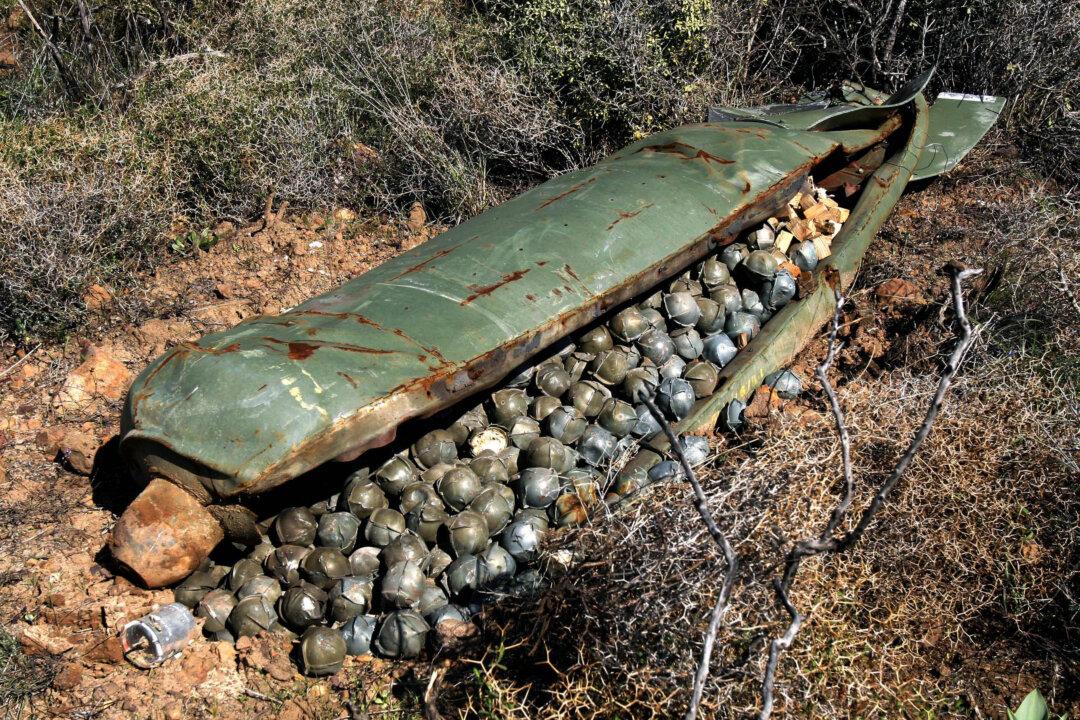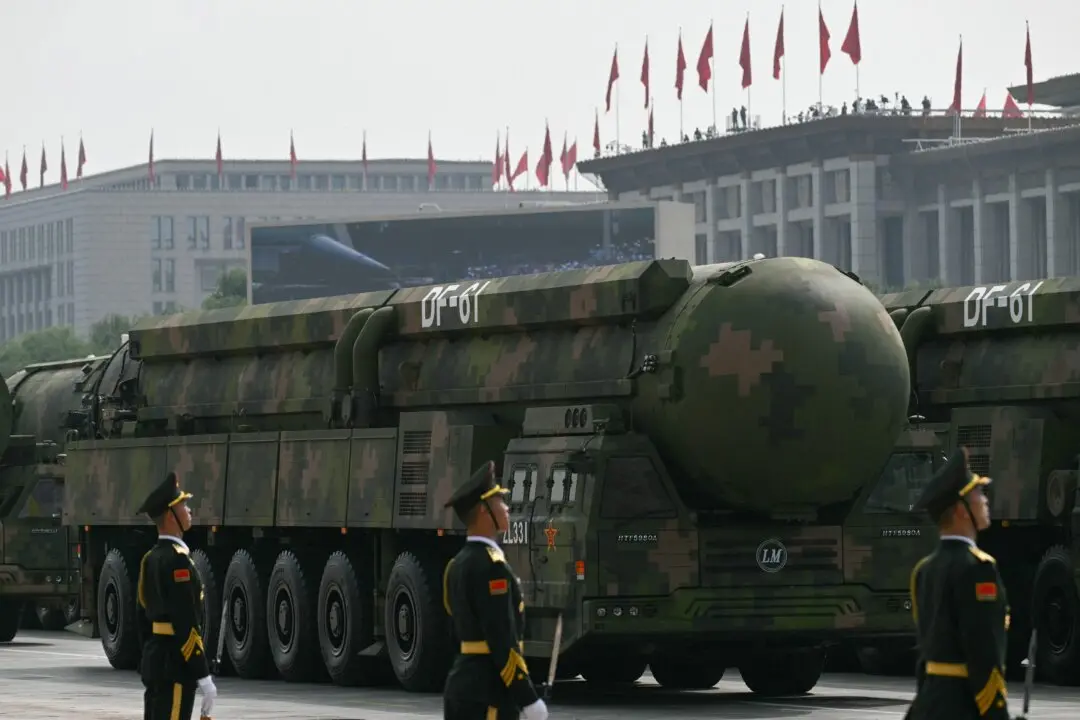The U.S. House of Representatives voted down an amendment that would have prohibited the transfer of controversial cluster munitions to Ukraine.
On Thursday night, the House voted 147-276 on an amendment to the 2024 National Defense Authorization Act (NDAA) to stop the flow of U.S. cluster munitions to Ukrainian forces. The amendment, introduced by Rep. Marjorie Taylor Greene (R-Ga.), came days after President Joe Biden’s administration announced its approval for transfers of cluster munitions known as dual-purpose improved conventional munitions (DPICMs) for Ukraine.





